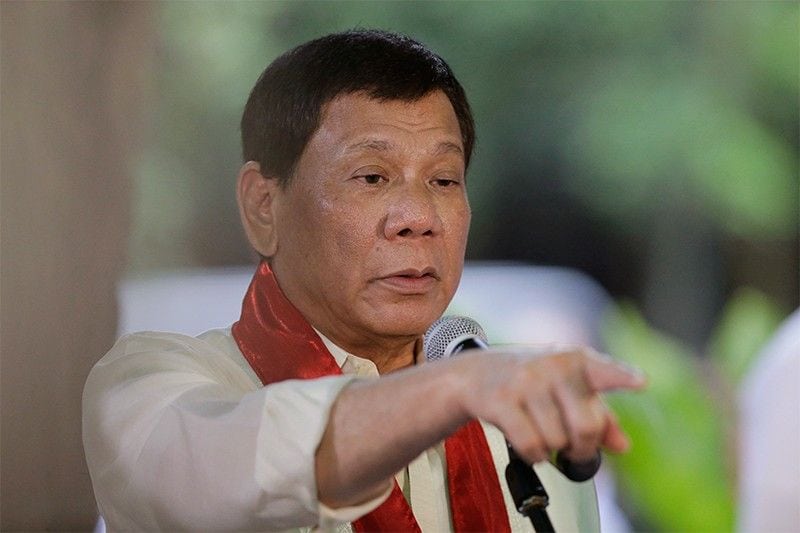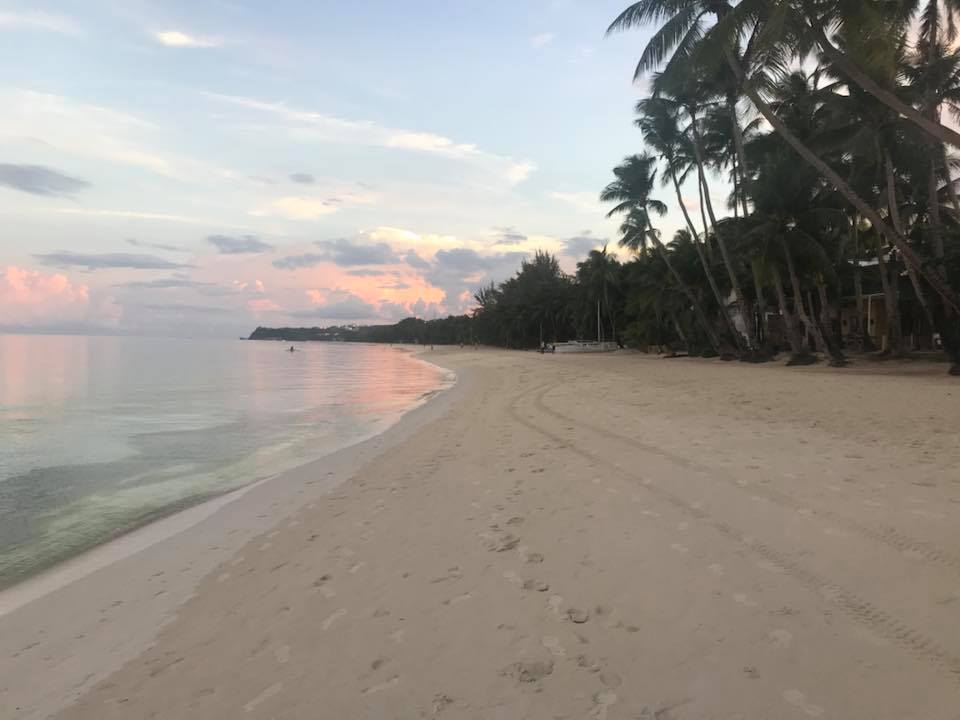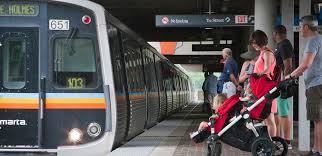New Immigration Rules about Work Permits
 The Bureau of Immigration (BI) announced on Wednesday that it would impose more stringent requirements and more rigid procedures from foreign workers seeking work permits. Commissioner Jaime Morente said they would require foreign applicants to submit additional documents before they could get special or provisional work permits. Morente said the new rules would seek to address the reported rise in the number of foreigners employed in the country.
The Bureau of Immigration (BI) announced on Wednesday that it would impose more stringent requirements and more rigid procedures from foreign workers seeking work permits. Commissioner Jaime Morente said they would require foreign applicants to submit additional documents before they could get special or provisional work permits. Morente said the new rules would seek to address the reported rise in the number of foreigners employed in the country.
“This is to ensure that these work permits are issued only to aliens whose jobs could not be performed by Filipinos,” “These new rules are meant to protect the interest of local workers, as we have observed that in the past, foreigners may abuse their permits and take away jobs from our kababayans,” he added. Morente said no work permits would be issued to aliens seeking jobs as construction workers, cashiers, janitors, carpenters, and other blue-collar jobs. INQUIRER.NET


 If one had doubts that crimes against humanity are being committed in the conduct of the war against drugs, this will be dispelled with the stories of Djastin Lopez, Danilo Dacumos, and David John Jezeel “JJ” David. Their stories are memorialized in the Communication and Complaint filed by Rise Up for Life and for Rights, assisted by the National Union of People’s Lawyers, with the International Criminal Court. In my column last Saturday, I highlighted the significance of President Duterte’s admission that he is responsible for the EJKs going on in the Philippines. I also described two cases highlighted in the Rise Up complaint, that of Bernabe Sabangan and Salvador Locasia Jr, In this article, using the Rise Up document as a source, I examine cases where the police portray their victims as petty criminals in order to link drugs to criminality. As in the previous cases, the narratives are taken from the testimonies of the relatives and from police reports.............................
If one had doubts that crimes against humanity are being committed in the conduct of the war against drugs, this will be dispelled with the stories of Djastin Lopez, Danilo Dacumos, and David John Jezeel “JJ” David. Their stories are memorialized in the Communication and Complaint filed by Rise Up for Life and for Rights, assisted by the National Union of People’s Lawyers, with the International Criminal Court. In my column last Saturday, I highlighted the significance of President Duterte’s admission that he is responsible for the EJKs going on in the Philippines. I also described two cases highlighted in the Rise Up complaint, that of Bernabe Sabangan and Salvador Locasia Jr, In this article, using the Rise Up document as a source, I examine cases where the police portray their victims as petty criminals in order to link drugs to criminality. As in the previous cases, the narratives are taken from the testimonies of the relatives and from police reports............................. Rebranding Boracay into a normal tourist destination instead of a party island comparable to Ibiza or Majorca will be the government's priority with its reopening, Tourism Secretary Bernadette Romulo-Puyat said Wednesday. "It won't really be a party place anymore. We want it to be as it is, more peaceful, and we want to promote sustainable tourism," Puyat said in an interview on ANC. Puyat believes the move will not affect Boracay's yearly income of $1 billion as tourist arrivals in the country during the island's months-long closure did not let up. "Tourism arrivals increased by 11.35 percent. That was a surprise for me because I thought it would dip because of the closure of Boracay," said Puyat, who thanked the private sector for diverting tourists to other Philippine destinations. She repeated President Rodrigo Duterte's policy of prohibiting casinos on the island, months after plans to build a $500-million integrated casino-resort on Boracay were shelved. "There will be no casinos on Boracay," Puyat said.
Rebranding Boracay into a normal tourist destination instead of a party island comparable to Ibiza or Majorca will be the government's priority with its reopening, Tourism Secretary Bernadette Romulo-Puyat said Wednesday. "It won't really be a party place anymore. We want it to be as it is, more peaceful, and we want to promote sustainable tourism," Puyat said in an interview on ANC. Puyat believes the move will not affect Boracay's yearly income of $1 billion as tourist arrivals in the country during the island's months-long closure did not let up. "Tourism arrivals increased by 11.35 percent. That was a surprise for me because I thought it would dip because of the closure of Boracay," said Puyat, who thanked the private sector for diverting tourists to other Philippine destinations. She repeated President Rodrigo Duterte's policy of prohibiting casinos on the island, months after plans to build a $500-million integrated casino-resort on Boracay were shelved. "There will be no casinos on Boracay," Puyat said. Malacañang announced Thursday that a cash grant of P2,400 will be distributed to 10 million poor families in July as part of the government’s unconditional cash transfer program aimed at shielding them from higher taxes under the Tax Reform for Acceleration and Inclusion Law. Presidential Spokesman Harry Roque said the Department of Social Welfare and Development would start distributing the funds, amounting to P10 billion, made available under the TRAIN Law. Roque said the beneficiaries can withdraw their 2018 cash grants in full amounting to P2,400 starting in July through Land Bank automated teller machines nationwide and through its various conduits. But at P2,400 for each of the 10 million poor families, the funds required would reach P24 billion, more than double the P10 billion set aside under the law.
Malacañang announced Thursday that a cash grant of P2,400 will be distributed to 10 million poor families in July as part of the government’s unconditional cash transfer program aimed at shielding them from higher taxes under the Tax Reform for Acceleration and Inclusion Law. Presidential Spokesman Harry Roque said the Department of Social Welfare and Development would start distributing the funds, amounting to P10 billion, made available under the TRAIN Law. Roque said the beneficiaries can withdraw their 2018 cash grants in full amounting to P2,400 starting in July through Land Bank automated teller machines nationwide and through its various conduits. But at P2,400 for each of the 10 million poor families, the funds required would reach P24 billion, more than double the P10 billion set aside under the law.